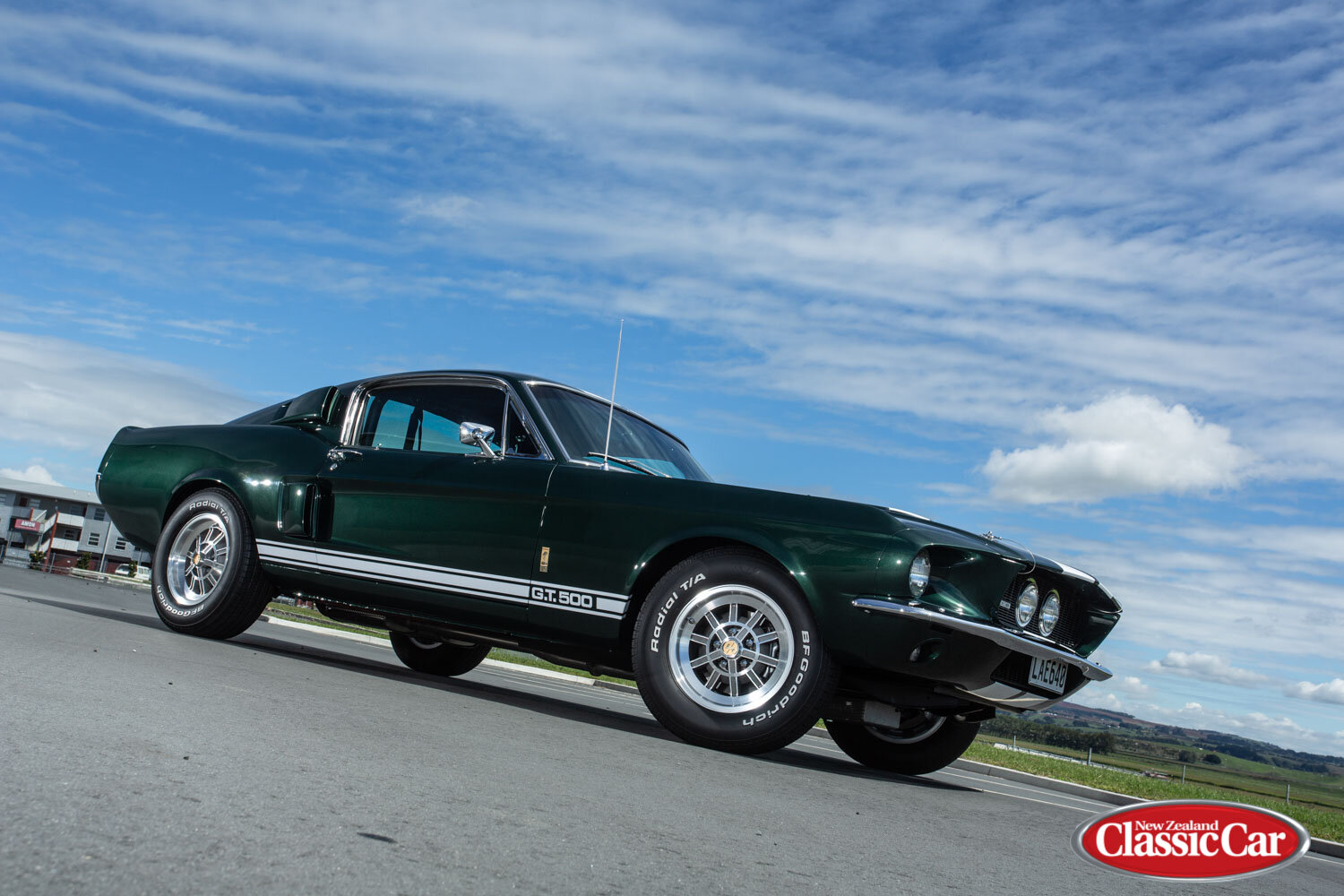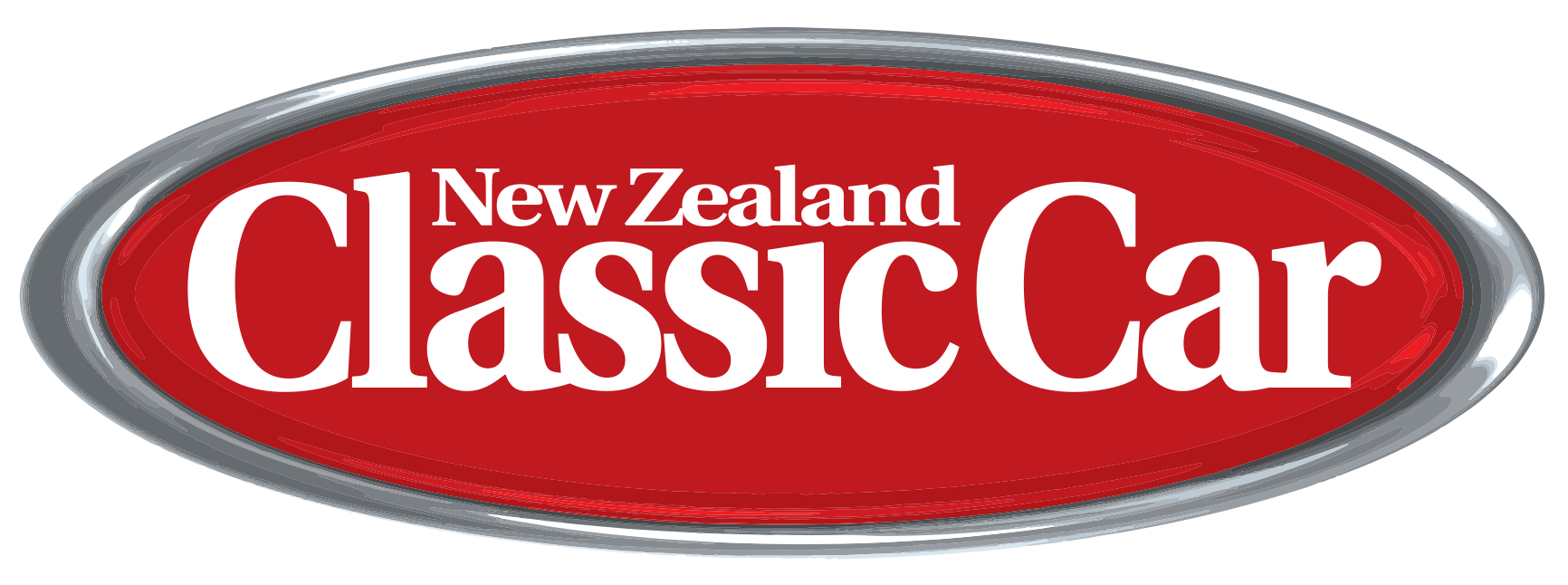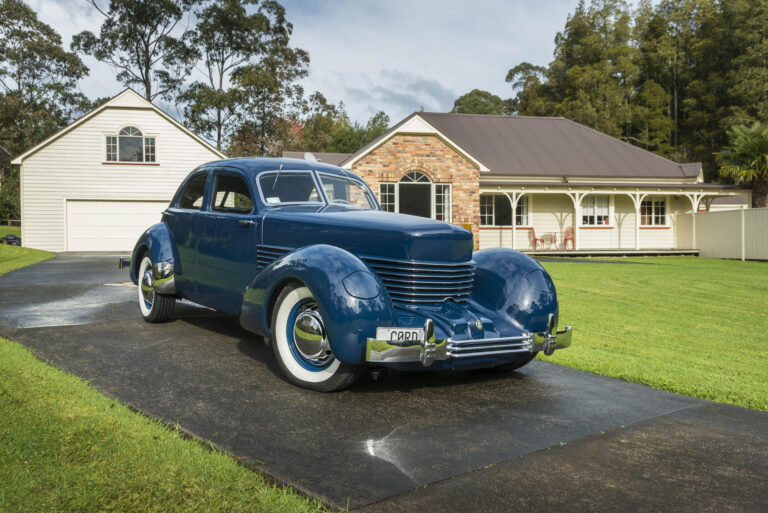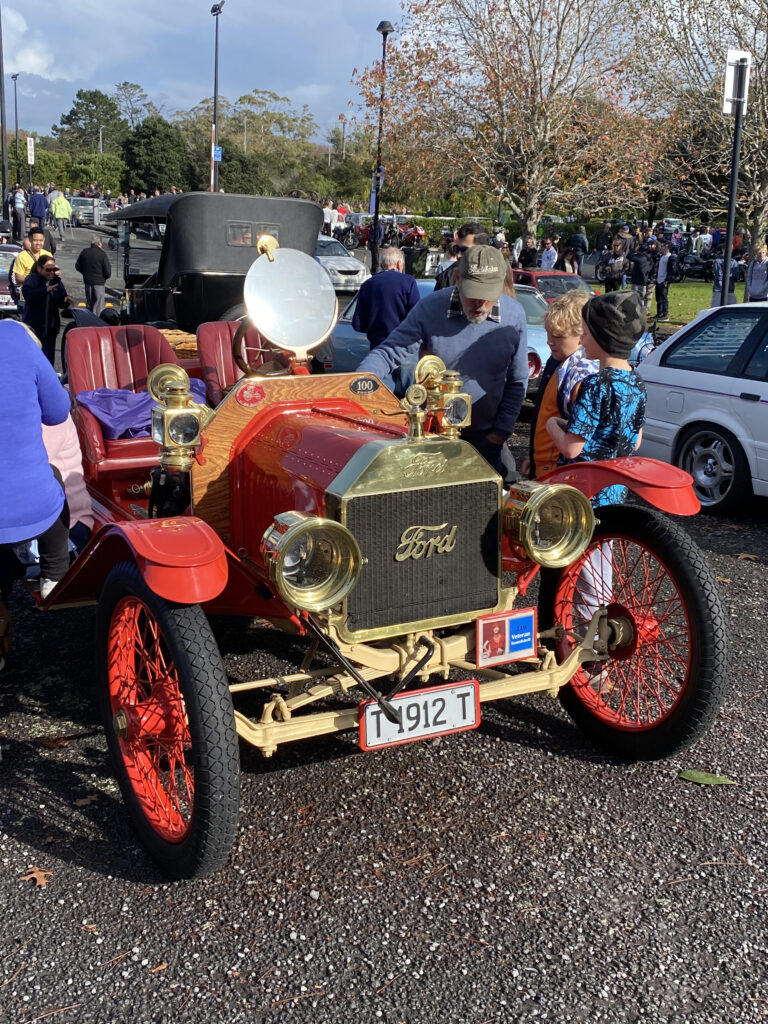As the Bullitt Mustang sets a new top price for a well-used Mustang, Ben Selby checks out the local pony-car market for Star Insurance Marketplace .
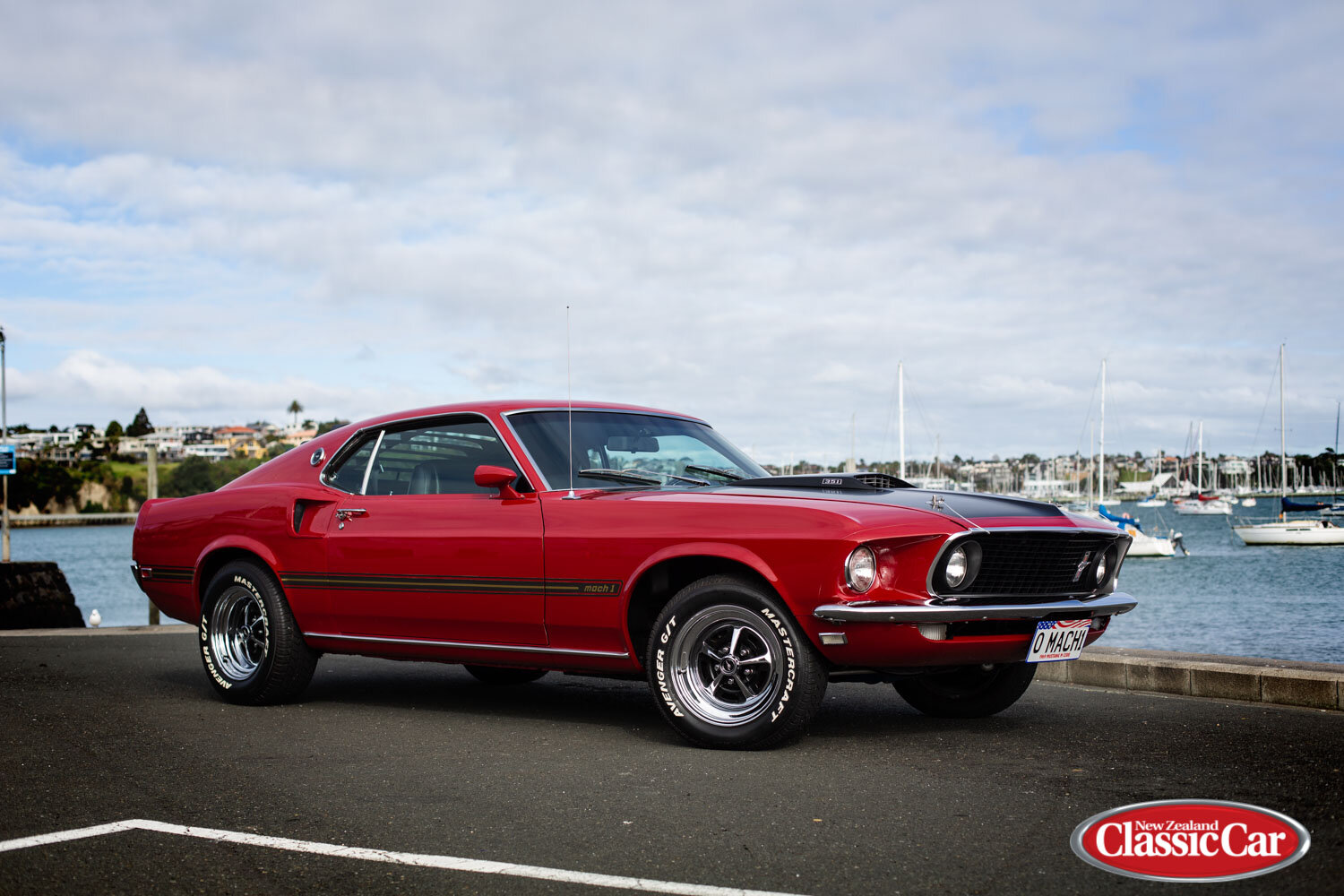
It was 17 April 1964, and attendees at the New York World’s Fair watched as Lee Iaccoca cut the ribbon on a new exhibit. From that moment, the motoring world was never the same.
The Ford Mustang still holds the record for the fastest selling car in history. It was the original pony car, and the right car at the right time for the blue oval. In New Zealand, the Mustang still has a strong hold on our hearts, minds, and wallets. For many, it is the ultimate American classic car.
Asked if it’s a good time to buy one, Mustang expert and Auckland Mustang Owners Club member Wayne Lack says: “It is always a good time to buy a Mustang.” He says prices hit their peak before the global financial crisis. They have risen slowly since, but a steady flow of Mustangs of all vintages into the country will also alleviate the effect of sharp price rises.
It’s worth noting that the New Zealand Mustang market and that of the US are poles apart, figuratively and literally. The Mustangs that have seen the biggest rise in value in the US are the previously unloved ‘Fox-body’ cars produced from 1979 to 1993.
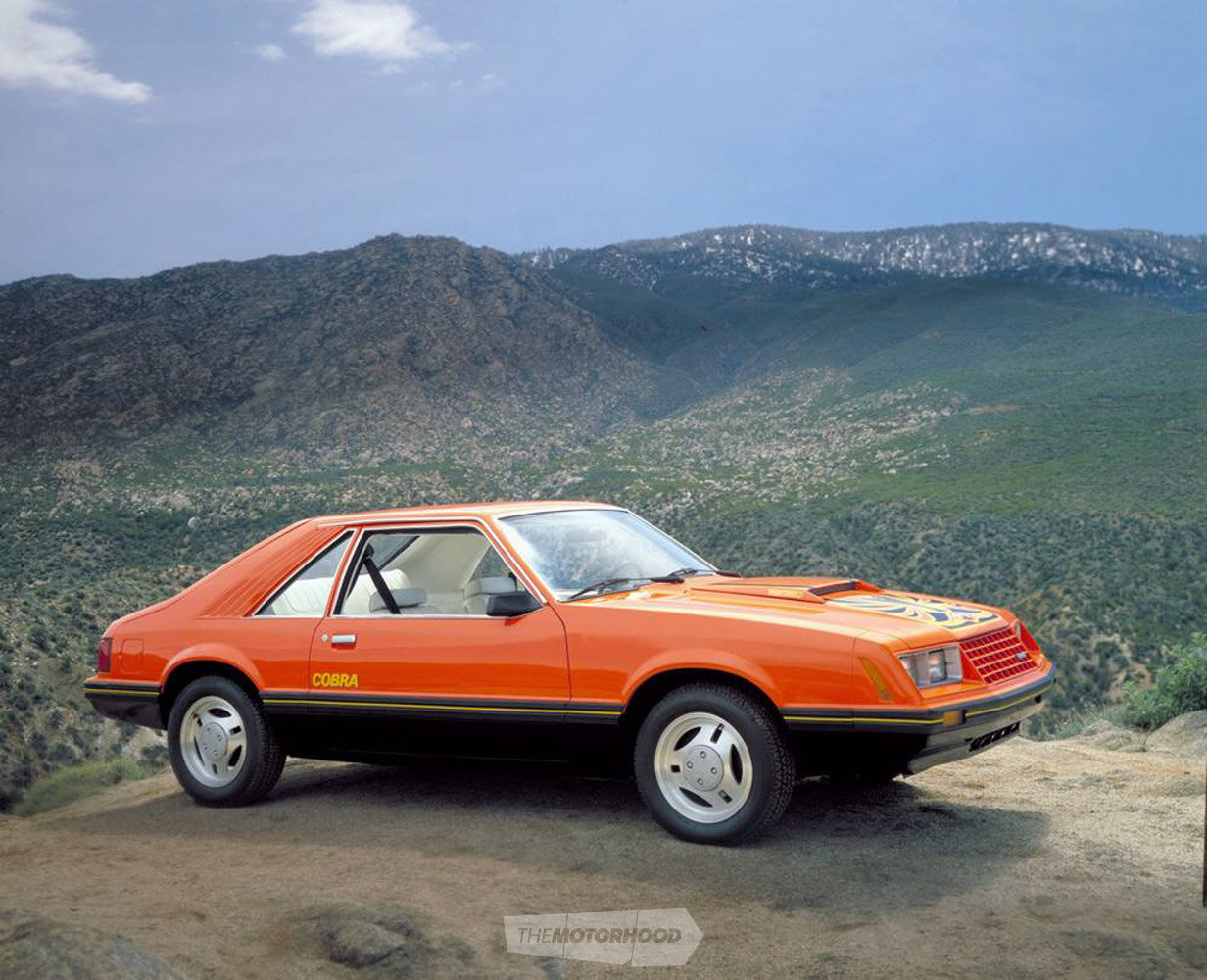
In New Zealand you can pick up fox-body Mustangs for under $20,000, providing you can find one, and any price increase is at best keeping pace with ’64 to ’73 cars’ gains.
Canterbury Mustang Club president Garry Jackson confirms this trend. “All models have held their value and have appreciated steadily, most ahead of inflation. The models which have seen the biggest jump would have to be the Mach 1s, Bosses, and of course Shelbys,” he says.
Naturally, the state of the New Zealand economy is reflected in the Mustang market, good or bad. “The biggest driver of prices is how well the economy is doing; that is the biggest factor dictating how many people are out there looking to buy a hobby car,” says Wayne.
The first-generation cars from 1964 to 1966 are by far the most popular, whether as a notchback coupe, fastback, or convertible. In 1965 — the Mustang’s first full year of production — Ford managed to sell 559,500 examples, before hitting the million mark in ’66. Plus, by ’66, the Shelby GT350 R and wins in the Trans-Am series cemented the first Mustangs’ popularity with the performance-minded motorist.
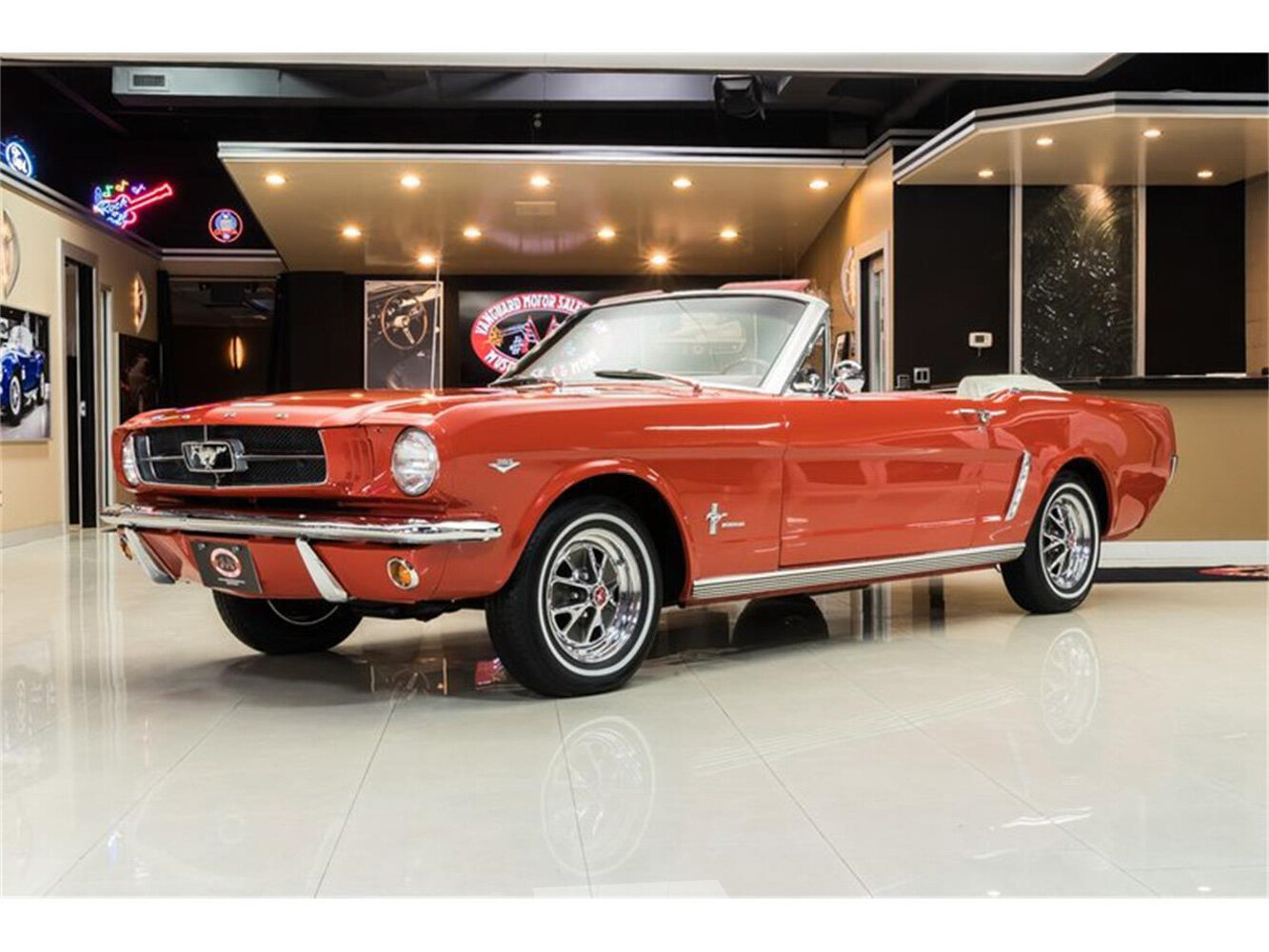
At the top of the ladder is the Mustang driven by Steve McQueen in a certain ’60s cop movie, which went to an unknown buyer recently for US$3.4 million.
The end of the ’60s saw the Mustang enter the muscle car era. Today, editions like the BOSS 302 and BOSS 429 easily command six figures. However, small block coupes and convertibles can be had for under $50,000. Mach 1s and BOSS 351s from ’71 to ’73 can be had for around the same money.
“Looking at the original pony car classics, the ’64 and a half, ’65, and ’66 original classics are in one price bracket, the ’67s are slightly cheaper, and the ’68s are cheaper again. It’s the same with the muscle car year — the ’69s being more expensive, the ’70s being cheaper, and the ’71 to ’73 cars being cheaper again,” says Wayne.
Once you find your pony, do your homework on the car itself. Jesmond of Waimak Classic Cars has bought and sold many Mustangs over the years and knows what to look out for.
“Check that the doors shut properly and check for leaky window seals. The quarter panels should be checked for bumps or filler, and make sure the electrics all check out,” he says.
However, buyers can be safe in the knowledge of a steady supply of parts and accessories.
“Every component, nut, bolt, or bit of fabric is available to restore any car, and at very reasonable prices. There are good parts suppliers with extensive stocks here in New Zealand, or for a little more hassle you can get parts cheaply from overseas,” says Wayne.
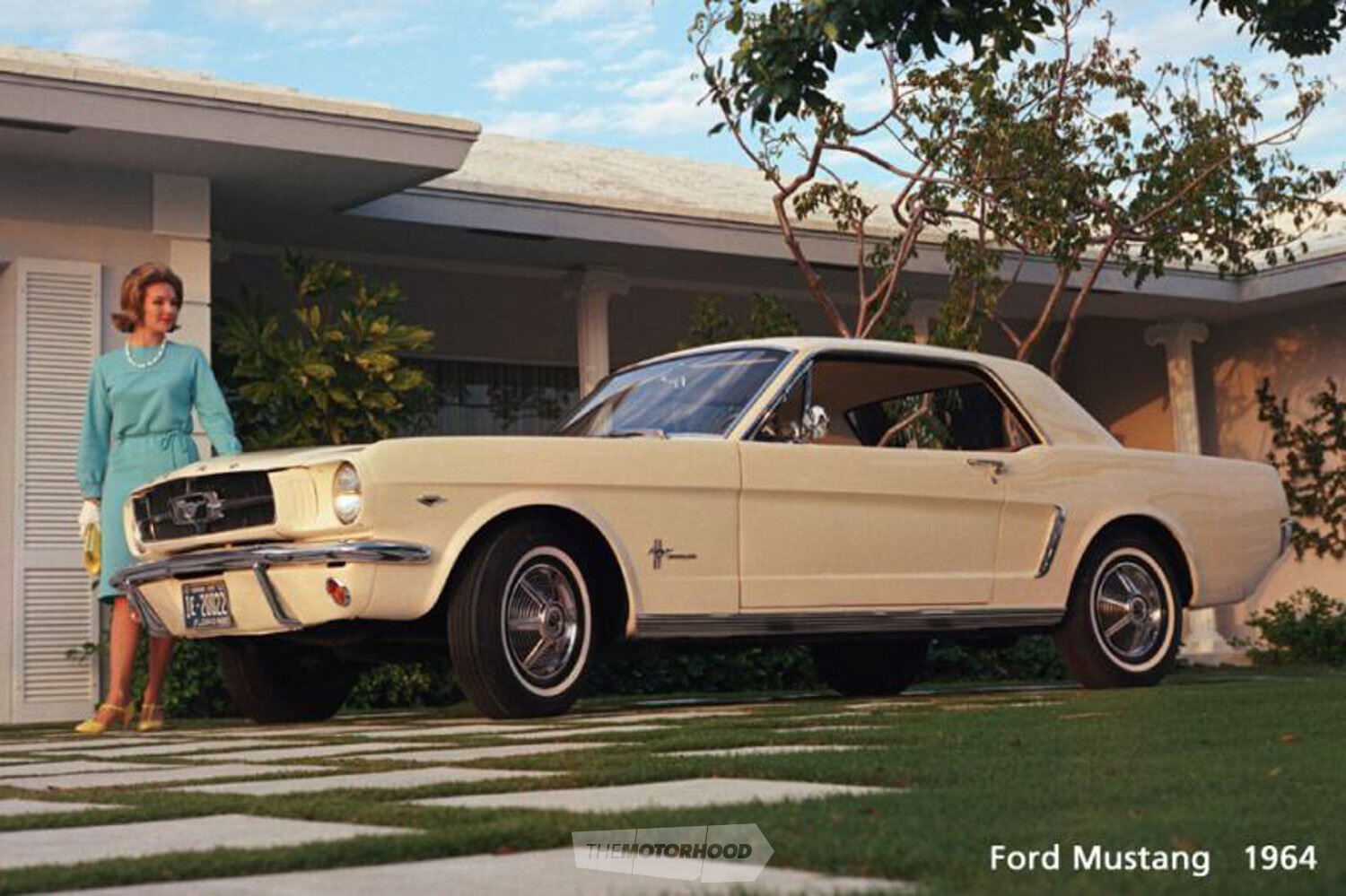
Seeking a matching-numbers Mustang is entering murky waters. Earlier cars with small block sixes and eights seldom had engine numbers attached, so it can be rather difficult to establish originality. Wayne says some unscrupulous buyers use a lack of numbers to argue a price down. That’s a practice he deplores as it serves to drive down the price of all cars. It’s healthier to acknowledge they were a mass-produced car and to accept the benefit of being able to improve the quality of an honest well-used car with new parts as required, he explains.
If your chosen Mustang is a new import, make sure it has full compliance with all the New Zealand Transport Agency standards and requirements. If you’re considering importing one from the US yourself, then, before you pull the trigger, make sure you are dealing with people who are prepared to undertake exhaustive checks.
The Mustang is not just a car, it’s a lifestyle. Therefore, now is as good a time as any to put one of the most recognizable and desirable of all classic cars into your stable.
